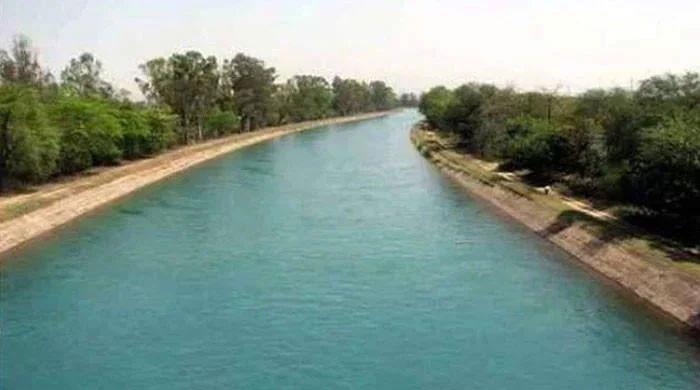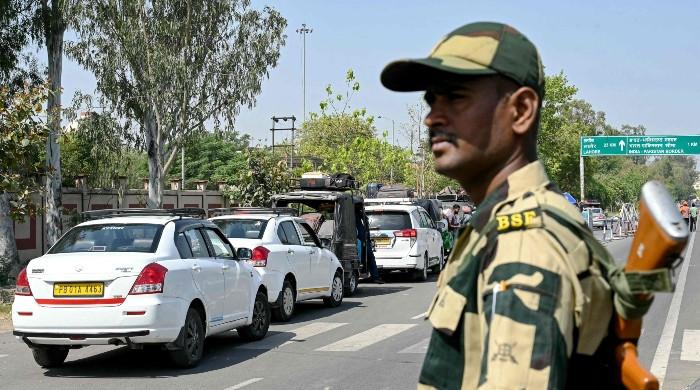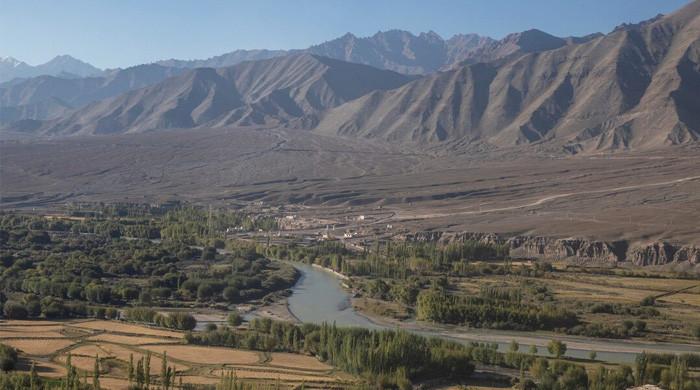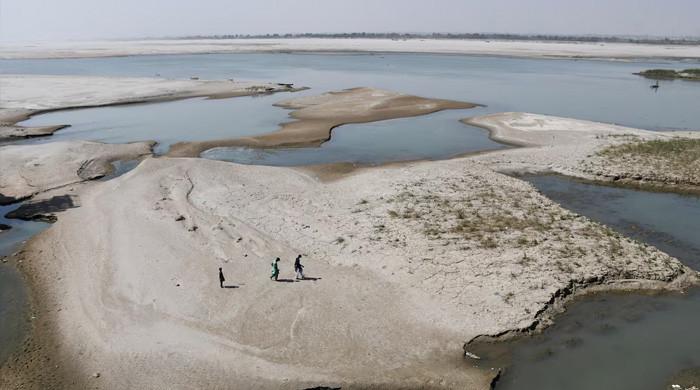Do public executions deter violent criminals?
Justice isn’t being served if the very nature of the punishment is both barbaric and ineffective
February 08, 2018
Last month, the Senate Standing Committee on Law and Justice sent a bill to the Council of Islamic Ideology for review. The bill proposes an amendment in the Pakistan Penal Code (PPC) and seeks public execution of criminals charged with kidnapping a child below the age of 14. In the council’s meeting, being held today, the amendment was expected to be placed at the top of the agenda.
Article 14 of the Constitution promises that the “dignity of a man and, subject to law, the privacy of home, shall be inviolable.” Therefore, a law authorising public killings violates this very spirit.
The Supreme Court in its judgment reported in 1994, SCMR 1028, observed that public hangings even for the worst of criminals violate the right to human dignity as enshrined in Article 14, as well as the right to protection from torture articulated in the Universal Declaration of Human Rights in Islam, a charter produced by leading Muslim scholars in London in April, 1980. Article 7 of the charter declares that a state is not permitted to torture a criminal, especially a suspect: “God will inflict punishment on those who have inflicted torture in this world.”
Then there are past precedents. Last year, in the Dr Kumail Abbas Rizvi vs UOP case, the Supreme Court while discussing Article 14 of the Constitution stated: “The right to dignity was one of the cardinal principles of law and most valuable right, which had to be observed in every civilised society — human dignity, honour and respect was more important than physical comforts and necessities.” In another case, Dr M Aslam Khaki vs. Federation of Pakistan, the court emphasised that the Quran “confers human dignity upon every person… subject to law, the privacy of human being is also inviolable.”
There is also no empirical evidence to suggest that capital punishment can act as a deterrent against crime. Saudi Arabia is one of the few countries where brutal executions — by beheading, hanging and a firing squad — are a public spectacle. Between January and June 2014, 17 people were executed in Saudi Arabia. In contrast, between January and June 2015, there were 102 executions in total. Nearly half of the public killings in Saudi Arabia were for drug-related offences, delineating that there were significantly more executions for drug crimes in 2015 than there were in 2014. And that number reportedly increased by 23 per cent in February 2016 in comparison to the previous year. In addition, the same year, there was a 0.58 per cent increase in the rate of murder per 100,000 people in the Kingdom, as recorded by the UN Office on Drugs and Crime.
In 1981, a young boy named Pappu was kidnapped from Lahore. His lifeless body was later recovered from near a pond. General Zia-ul-Haq’s regime sentenced the kidnapper and killer to death, who was publicly hanged. The man’s body hung in full view for an entire day. Yet, soon afterwards between 1983 and 1992, eleven similar incidents of rape were committed against minors, as young as four years of age. Four of them occurred in Lahore, where Pappu’s rapist and killer was killed, according to data from HRCP.
In India in 1985, in the Attorney General of India v Lachma Devi case, the Supreme Court of India struck down a directive for public hanging on the basis that “a barbaric crime does not have to be visited with a barbaric penalty such as [public hanging].”
It can also be argued that public executions have adverse effects on the psycho-social well-being of children. In Iran in 2013, after witnessing a public execution; two brothers as young as 12 and 8 years of age went home and performed the same act causing the death of the 12-year-old boy.
The UN Human Rights Committee, the monitoring body of the ICCPR, has stated that “public hangings amount to a violation of human dignity” under the covenant. In 2017, the Government of Pakistan committed to reducing the scope of its death penalty in order to bring it in conformity with international human right standards, in order for it to continue a dialogue with the European Union under the GSP+ mechanism. Keeping this in view, legalising public executions would amount to a clear violation of international commitments.
In addition, public hanging would further aggravate the under-reporting of crimes in these cases. Research has proven that in cases of child sex abuse a significant majority of the perpetrators are family members or are otherwise known to the victim, in the capacity of teachers or neighbours. In such cases, if there is an introduction of public hanging, victims and their families will become even less likely to report these cases in order to avoid public embarrassment pertaining to notions of loss of family honour and virtue being associated with sexual abuse.
Justice isn’t being served if the very nature of the punishment is both barbaric and ineffective.
Pansota is an advocate of the high court, practising in Lahore. He tweets @pansota1
Note: The views expressed in the article are those of the author, and do not necessarily reflect the official policy or position of Geo News or the Jang Group.











